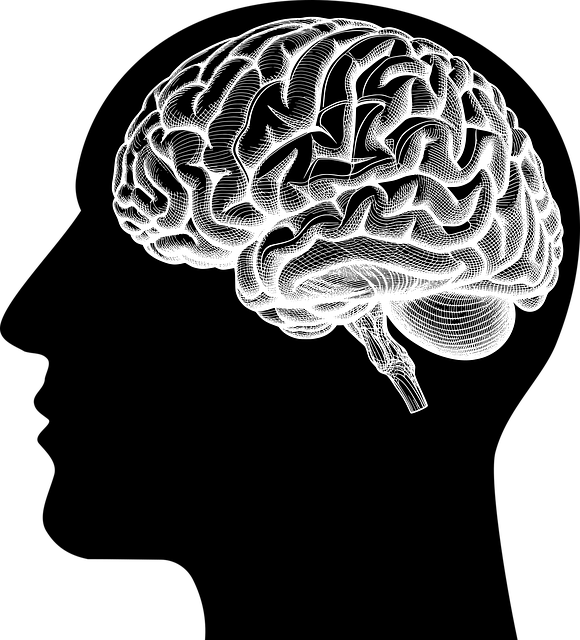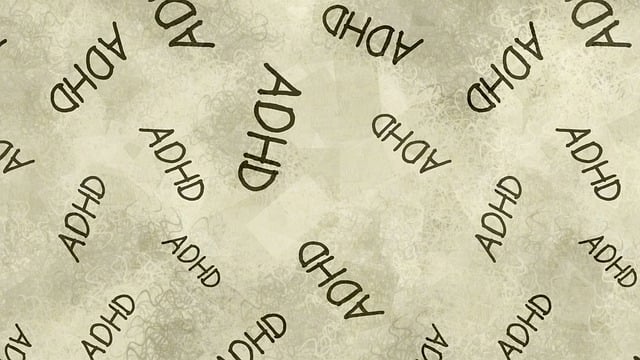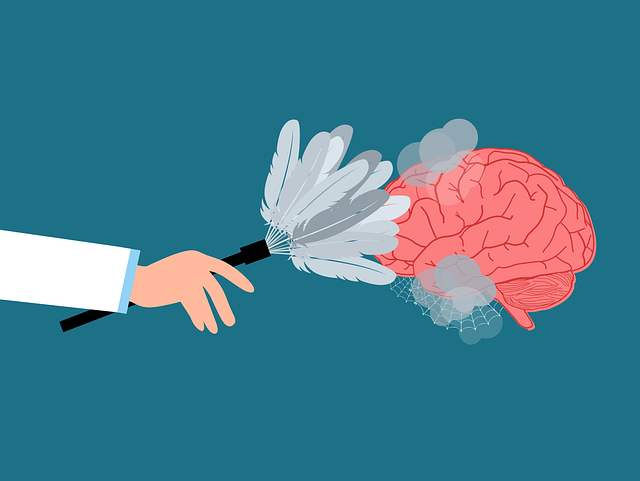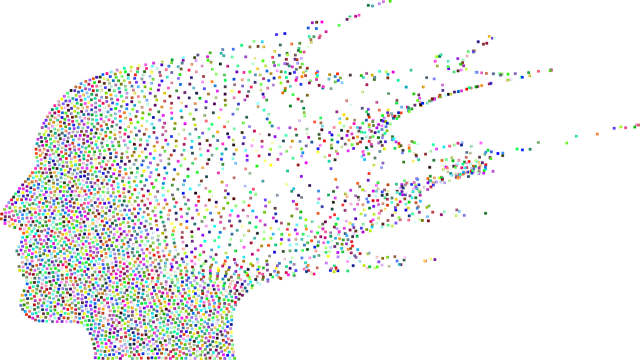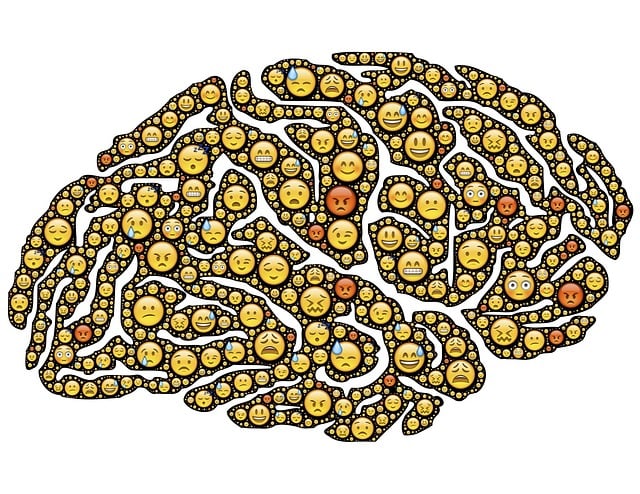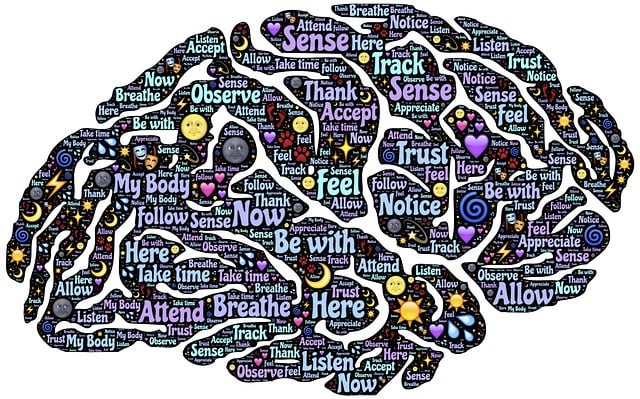Longmont Cognitive Processing Therapy (LCPT) is an evidence-based approach for improving mental wellness, now accessible through digital platforms. App developers can integrate LCPT techniques such as cognitive restructuring and behavioral activation into features like guided meditation, thought reframing exercises, and digital journaling to cater to diverse mental health needs. By offering personalized therapy sessions, mood tracking, mindfulness exercises, and intuitive user experiences, mental wellness apps leveraging LCPT promote daily mental wellness and enhance therapeutic outcomes while reducing stigma.
In today’s digital age, mental wellness apps offer accessible therapeutic solutions. Among these, Longmont Cognitive Processing Therapy (LCPT) stands out as an evidence-based approach focused on reframing negative thought patterns. This article explores the integration of LCPT into app development, highlighting key features for success. From understanding the therapy’s fundamentals to designing intuitive user experiences, we delve into strategies that enhance therapeutic effects. By combining LCPT with innovative app design, developers can foster mental well-being and revolutionize access to cognitive behavioral support.
- Understanding Longmont Cognitive Processing Therapy (LCPT) and Its Role in App Development
- Key Features to Consider for a Successful Mental Wellness App
- Designing User Experience and Interface for Optimal Therapeutic Effects
Understanding Longmont Cognitive Processing Therapy (LCPT) and Its Role in App Development

Longmont Cognitive Processing Therapy (LCPT) is a therapeutic approach that focuses on identifying and modifying negative thought patterns to improve mental wellness. This evidence-based therapy has gained prominence, inspiring developers to integrate its principles into digital platforms for wider accessibility. By understanding LCPT’s core techniques, such as cognitive restructuring and behavioral activation, app designers can create tools that effectively support users in managing stress and fostering self-care.
App development centered around LCPT can offer tailored interventions like guided meditation, interactive exercises for reframing negative thoughts, and digital journaling to track progress. These features cater to various mental wellness needs, providing a structured yet adaptable Self-Care Routine Development for Better Mental Health. Incorporating LCPT principles not only enhances the app’s therapeutic value but also ensures users receive practical Stress Reduction Methods within their fingertips, enabling them to actively engage in their mental health journey.
Key Features to Consider for a Successful Mental Wellness App

A successful mental wellness app should incorporate a diverse range of features to cater to various user needs and preferences. Among the key components are personalized therapy sessions, such as Longmont Cognitive Processing Therapy (LCPT), which helps users identify and reframe negative thought patterns. This is crucial for those seeking trauma support services or looking to enhance their mental resilience.
Additionally, integrating tools for positive thinking and self-care practices can significantly improve user engagement. Features like mood tracking, guided meditations, and mindfulness exercises not only promote a sense of calm but also encourage users to adopt healthier habits. By combining evidence-based therapies with accessible self-help resources, these apps can effectively support mental wellness on a daily basis.
Designing User Experience and Interface for Optimal Therapeutic Effects

Designing a user experience (UX) and interface for mental wellness apps is an art that can significantly enhance the therapeutic effects of treatments like Longmont Cognitive Processing Therapy (LCPT). The UX should be intuitive, accessible, and tailored to the diverse needs of users seeking mental health support. Incorporating principles of good design, such as simplicity, consistency, and user-centeredness, ensures that individuals from all walks of life can navigate the app effectively.
A well-designed interface fosters engagement by presenting content in a visually appealing and organized manner. For instance, incorporating interactive elements, personalized feedback mechanisms, and progress tracking tools can motivate users to consistently engage with mental health education programs designed within the app. Moreover, integrating features that promote inner strength development and mental illness stigma reduction efforts can profoundly impact users’ overall well-being.
In conclusion, developing mental wellness apps that integrate Longmont Cognitive Processing Therapy (LCPT) offers a promising approach to enhancing therapeutic outcomes. By focusing on key features such as cognitive exercises, personalized feedback, and intuitive interfaces, these applications can provide accessible and effective support for users’ mental health journeys. A well-designed user experience is pivotal to the success of LCPT apps, fostering engagement and enabling individuals to actively participate in their own healing process.
